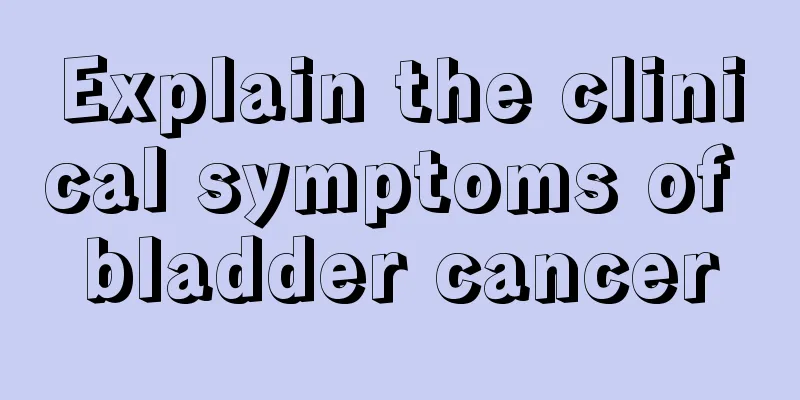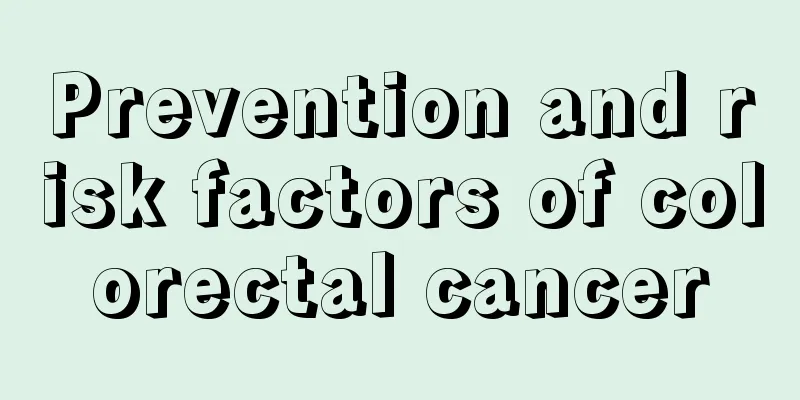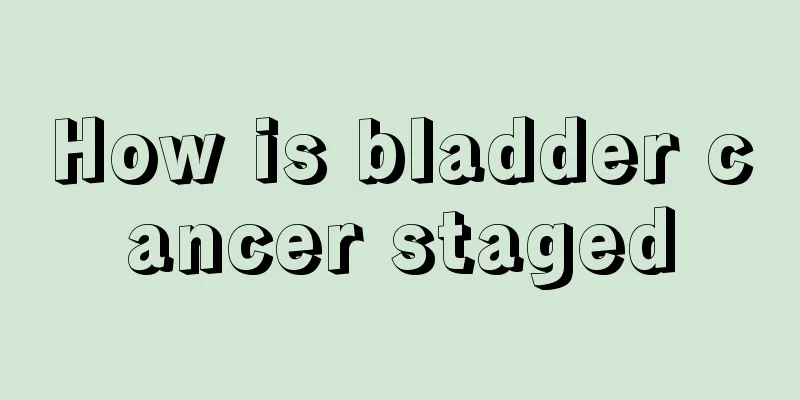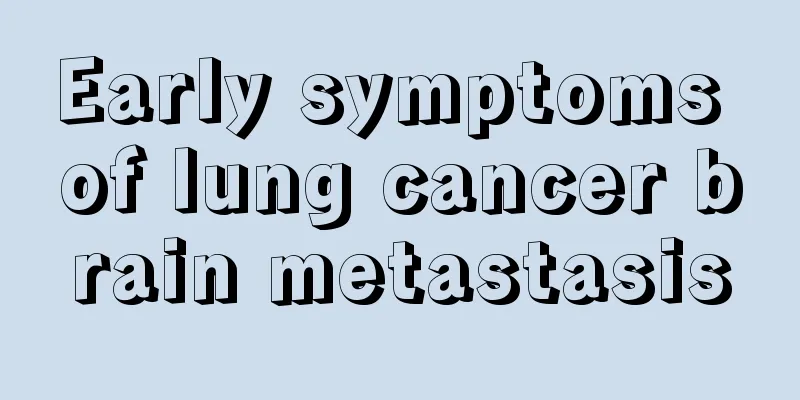Can chemotherapy cure lung cancer
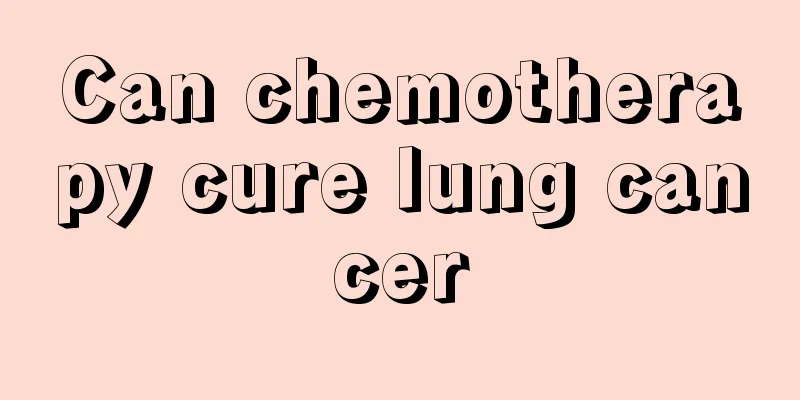
|
Chemotherapy is the use of drugs to treat cancer. These special drugs can kill tumor cells and are sometimes called cytotoxic drugs. Chemotherapy is currently one of the main methods for treating tumors and certain autoimmune diseases, but chemotherapy is a "burn-all-out" treatment method. Chemotherapy for metastatic lung or colorectal cancer can extend life for weeks or months and may provide relief, but it cannot cure the disease. A clinical study published in NEJM shows that many advanced cancer patients who receive chemotherapy do not understand that chemotherapy cannot cure the disease. However, many cancer patients are not aware of this reality. In an international, prospective, observational cohort study, 1193 patients who were newly diagnosed with recurrent metastatic (stage IV) lung or colorectal cancer who had received chemotherapy and survived for more than 4 months were included. The researchers sought to determine the distribution of patients' expectations of chemotherapy efficacy and the impact of such expectations on clinical chemotherapy, as well as sociodemographic and health system factors. Patient data were obtained from professional records and medical records. Overall, 69 percent of lung cancer patients and 81 percent of colorectal cancer patients did not understand that chemotherapy was not a cure for cancer. Education, functional status, and role in the decision-making process were not associated with inaccurate beliefs about chemotherapy. This suggests that many patients with incurable cancer choose to receive chemotherapy, but they may not know that chemotherapy is unlikely to be curative, which may affect their ability to make informed treatment decisions and choose treatment contrary to their own wishes. Therefore, doctors need to change patients' understanding, but this may reduce patient satisfaction. Chemotherapy kills normal cells while killing cancer cells. It can also cause side effects such as gastrointestinal dysfunction and bone marrow suppression, which greatly reduces the patient's quality of life. During chemotherapy, reasonable and sufficient nutrition can ensure the smooth implementation of the treatment plan. The principle of choosing food is: a light diet with high calories, high vitamins and low fat. Pay attention to adding taste, such as sweet and sour, which can stimulate appetite and reduce nausea, vomiting and loss of appetite caused by chemotherapy. |
<<: What kind of exercise is suitable for lung cancer
>>: Methods of using Chinese patent medicine for lung adenocarcinoma
Recommend
How to treat weak kidney pulse
Kidney Yin deficiency is a type of kidney deficie...
Can grape seeds be eaten?
Many people do not know about the beauty effects ...
The head is sweating but the body is not
Sweating on the head but not on the body generall...
What are the benefits of cupping to slim legs
Many female friends want to have long and thin le...
How to whiten naturally dark skin?
Some people are born with darker skin, so if they...
When does melanoma turn malignant
How long can you live with melanoma? For most mel...
Bald men are more susceptible to prostate cancer
A recent study reported that bald men have twice ...
Simple method of using moxibustion
As we gain a deeper understanding of Chinese medi...
Early bone cancer may cause limb pain and swelling
Early bone cancer may cause limb pain and swellin...
How to relieve ear piercing pain
Everyone loves beauty. Both men and women will dr...
Red spots on arms, no pain, no itching
Skin diseases always attract so much attention. S...
Is it nasopharyngeal cancer if a pregnant woman has nasal congestion and bloody nasal discharge?
Nosebleeds exclude nasopharyngeal cancer bleeding...
What to do if the stomach is indigestible
In fact, stomach bloating and indigestion have a ...
The main metastatic pathways of lung cancer
The main metastatic pathways of lung cancer are: ...
How to prevent recurrence and metastasis of rectal cancer surgery
In my country, rectal cancer accounts for about 6...

